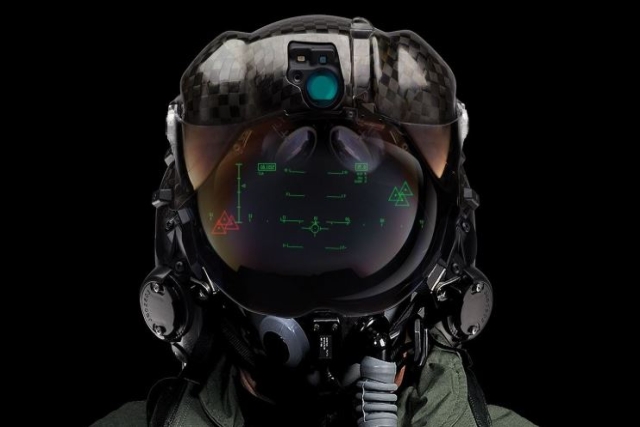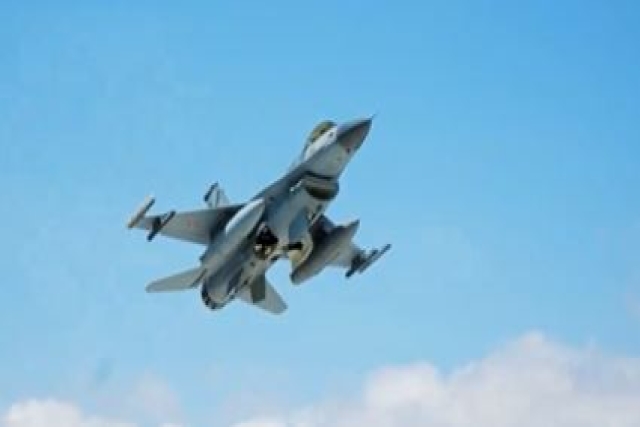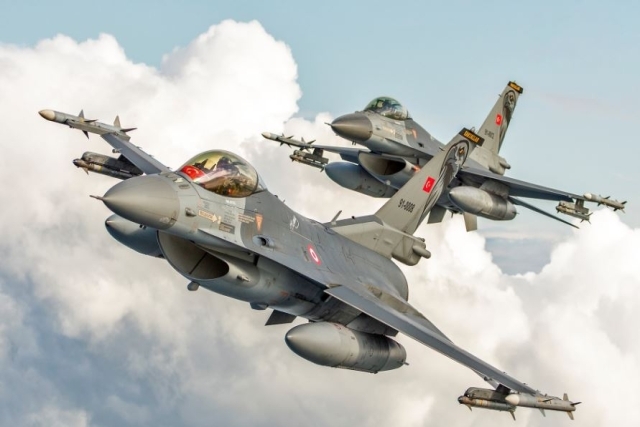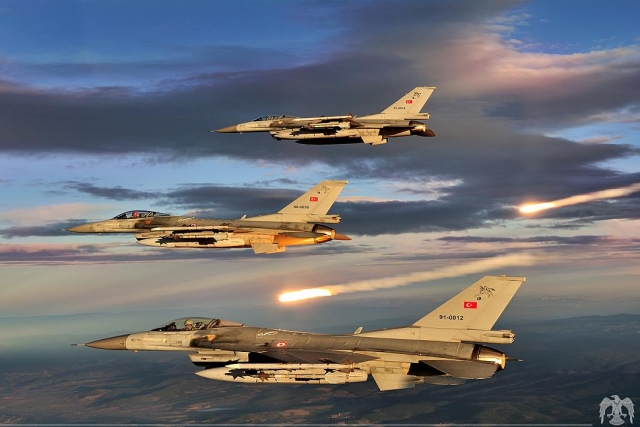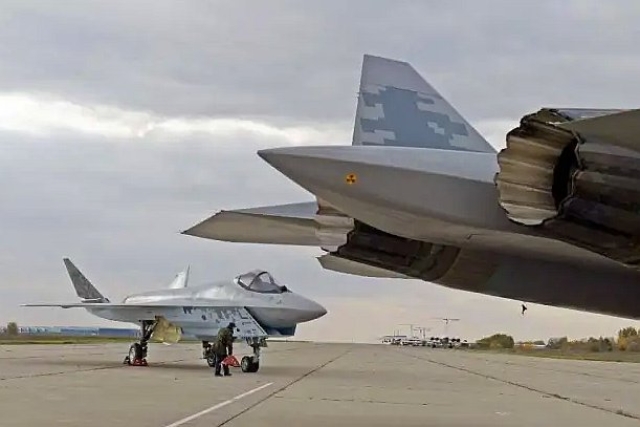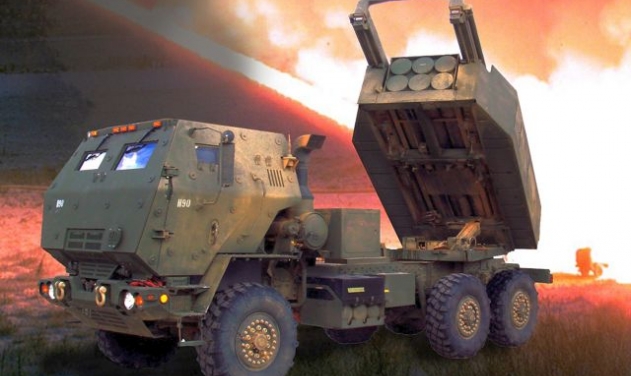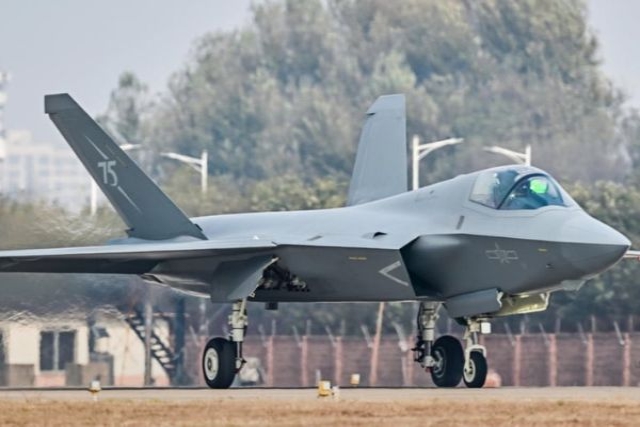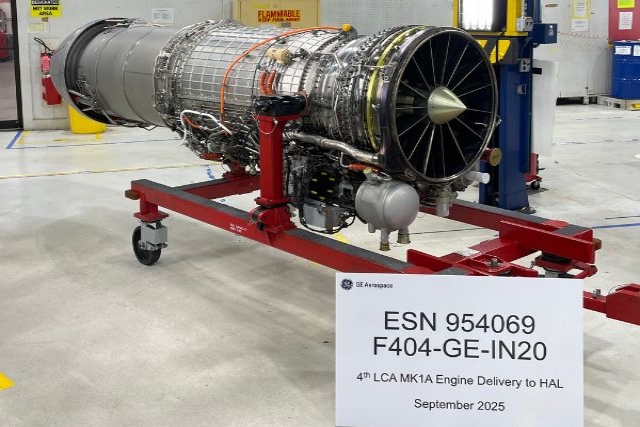Turkey Signs Contract for F-16 Jets Procurement
U.S. approved the $23B F-16 sale to Turkey in January.
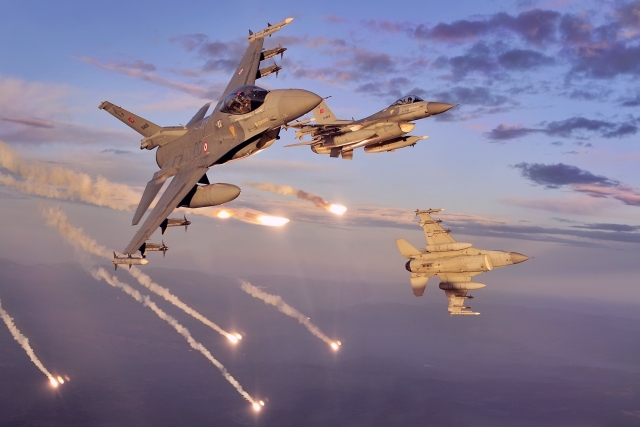
Turkey has reportedly signed a $23 million contract with the United States for the procurement of F-16 fighter jets.
The U.S. State Department confirmed last week that Ankara signed a letter of offer and acceptance for the purchase of 40 F-16 Block 70 jets.
"The contract has been signed, and delegations from both sides are negotiating the details," Defense Ministry sources were quoted as saying by Turkey’s state-controlled Anadolu Agency. “The details will be shared with the public later after the decisions to be made on them have been taken."
This development brings the two NATO allies closer to finalizing a prolonged process that, at times, strained relations and tested Washington's ties with Ankara.
“Today marks an important step forward in Türkiye’s purchase of the latest-generation F-16 Block 70 fighter jets and upgrades to its existing fleet of F-16s. This is good for U.S. national security, Turkish national security, and NATO interoperability,” Jeffrey Flake, the U.S. ambassador to Turkey, said on social media on June 6.
In October 2021, Turkey submitted a request for 40 new F-16 aircraft and 79 modernization kits to upgrade its existing fleet. The Biden administration notified Congress of its intention to proceed with the sale in January, amounting to an estimated $23 billion, shortly after Ankara ratified Sweden's NATO membership.
Initially pursuing Lockheed Martin's F-35 fighter jets, Turkey was removed from the multinational program in 2019 due to its acquisition of S-400s from Russia. Turkey had ordered about 100 F-35s, and its companies were building some 900 parts of the fighter jet. While Turkey aimed to integrate S-400s with NATO, the U.S. expressed concerns about potential risks to the advanced fighter jet.
Turkey's request for F-16s aims to replace its aging fleet, which will be phased out starting in the 2030s. With over 200 older Block 30/40/50 models in its inventory, Turkey is one of the largest operators of F-16 jets. Additionally, the country is developing its own fifth-generation national combat aircraft, named KAAN, which completed its maiden flight in February.
